 I could not move, because history had me glued to the seat. . . It felt like Sojourner Truth’s hands were pushing me down on one shoulder and Harriet Tubman’s hands were pushing me down on another shoulder, and I could not move. — Claudette Colvin on Democracy Now!
I could not move, because history had me glued to the seat. . . It felt like Sojourner Truth’s hands were pushing me down on one shoulder and Harriet Tubman’s hands were pushing me down on another shoulder, and I could not move. — Claudette Colvin on Democracy Now!
At age 15, on March 2, 1955 in Montgomery, Alabama, Claudette Colvin refused to give up her seat to a white woman. Colvin was motivated by what she had been learning in school about African American history and the U.S. Constitution. Note that this action took place just days after Black History Month.
Here is an excerpt from a detailed description by Jeanne Theoharis.
Fifteen years old, the tiny Colvin attended Booker T. Washington High School. She’d been politicized by the mistreatment of her classmate Jeremiah Reeves and had just written a paper on the problems of downtown segregation.
On the bus home that day, the white section filled up. A white woman was left standing.
The driver called out, and the three students sitting in Colvin’s row got up but Colvin refused. “We’d been studying the Constitution . . . I knew I had rights.”
. . . Colvin’s case went to trial in May. Colvin had been charged with three crimes. The judge strategically dropped two of the charges (for disturbing the peace and breaking the segregation law) but found her guilty on the third for assaulting the officers who arrested her. Since Colvin had only been convicted of assault, appealing her case could not directly challenge the segregation law.
This was nine months before Rosa Parks refused to move on the bus in Montgomery. Parks knew Colvin from the NAACP Youth Council and was inspired in part to take her action by Colvin. (Learn more in The Rebellious Life of Mrs. Rosa Parks: Young Readers Edition.)
There is a lot of misinformation about Colvin’s story. Read Pitting Rosa Parks against Claudette Colvin distorts history by Jeanne Theoharis and Say Burgin in The Washington Post (2022).
Related Resources
Find related resources below for the classrooms, including Claudette Colvin: Twice Toward Justice for upper elementary school and middle school students. See her interview on Democracy Now!
Radio Diaries
Also, read biographical sketches of other women arrested the same year as Rosa Parks who became part of the same legal case and Transportation Protests: 1841-1992.

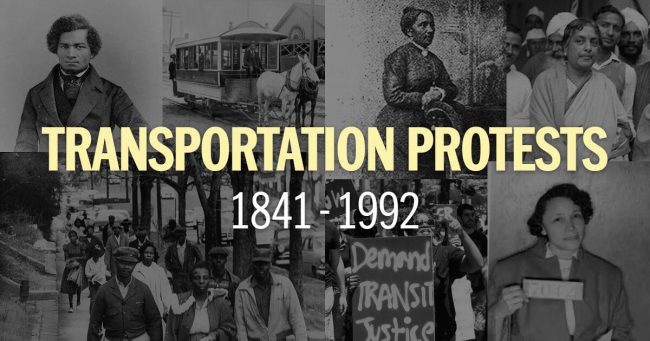

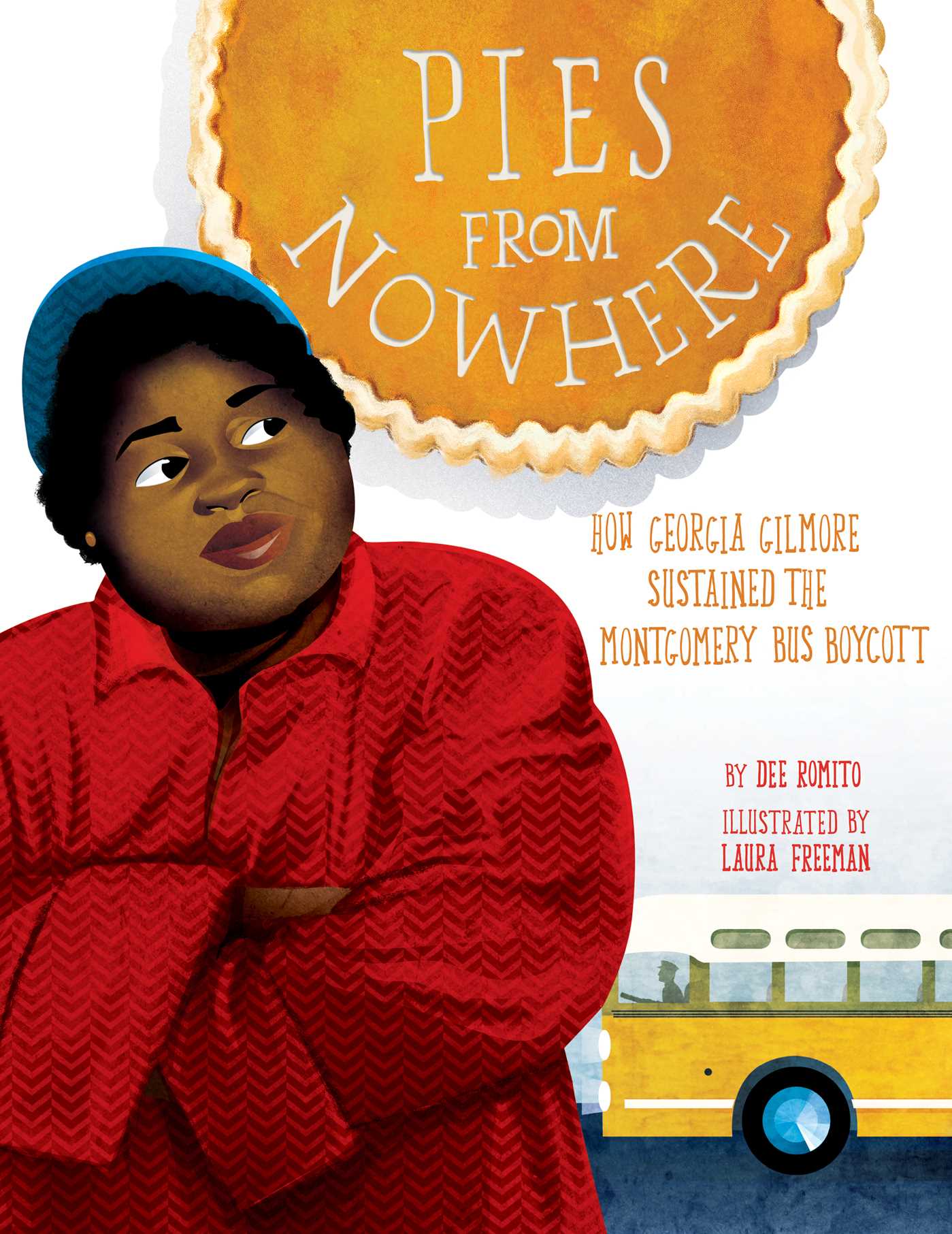

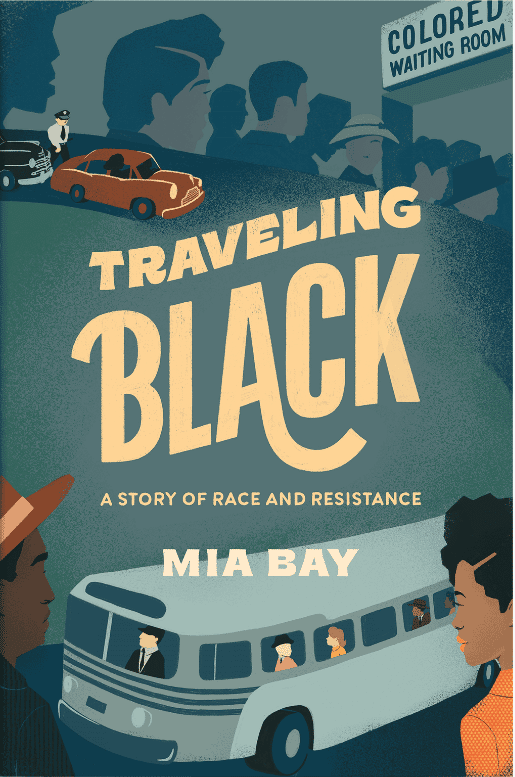

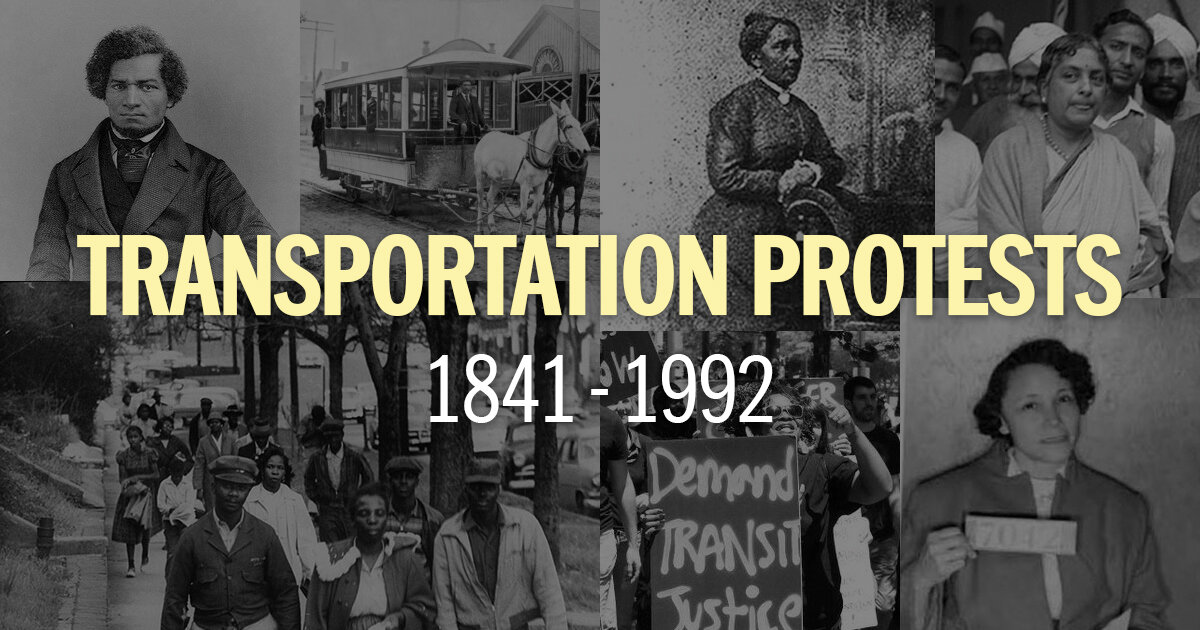
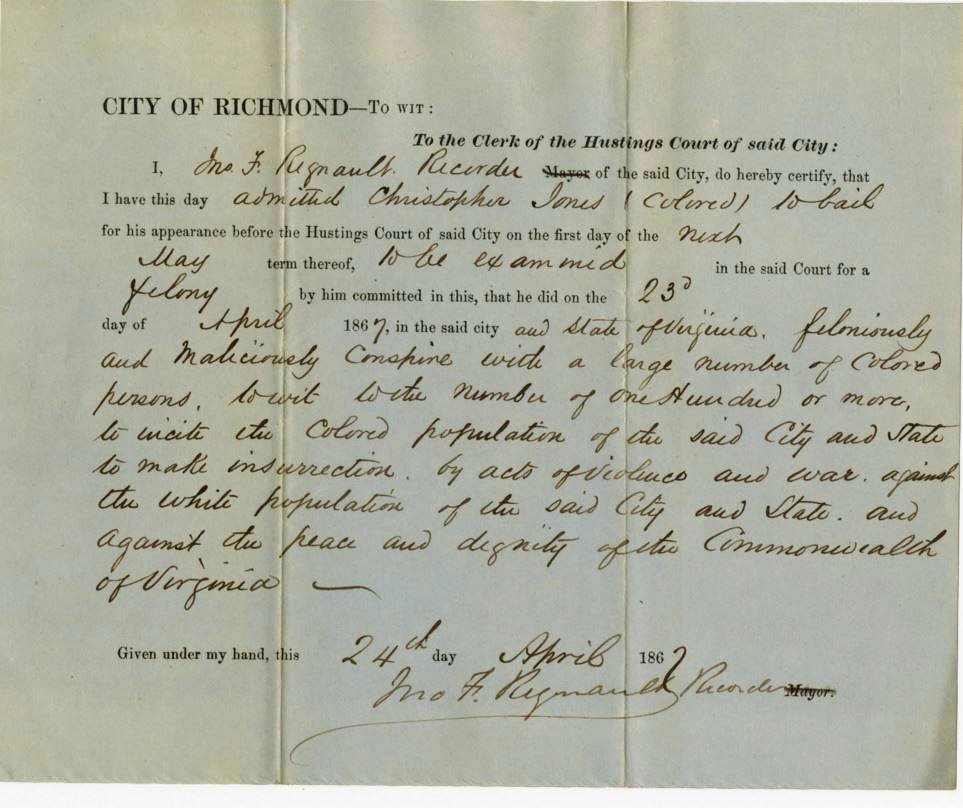
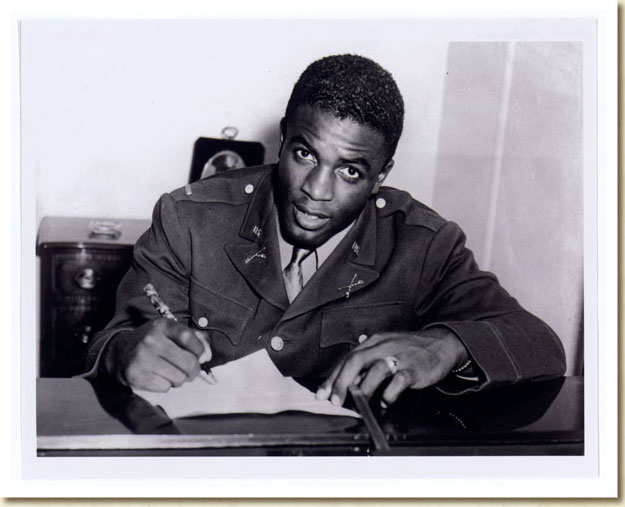
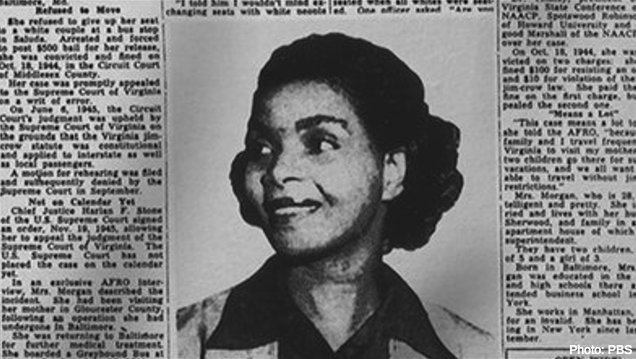

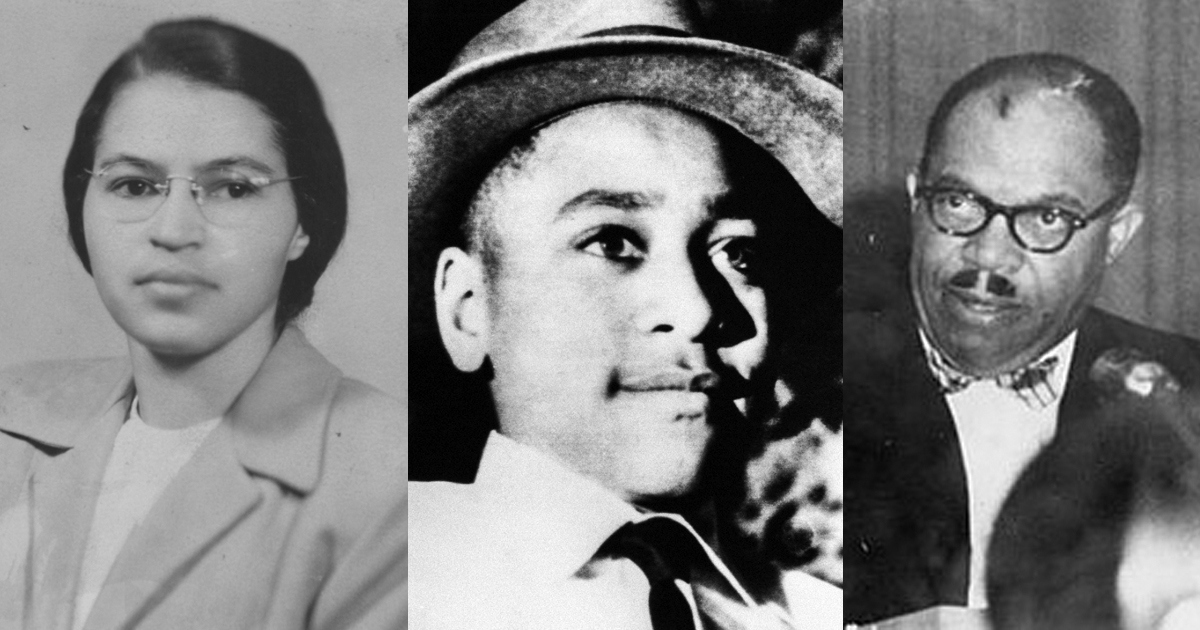
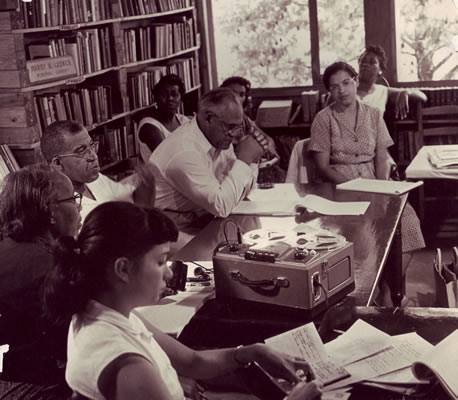





Twitter
Google plus
LinkedIn